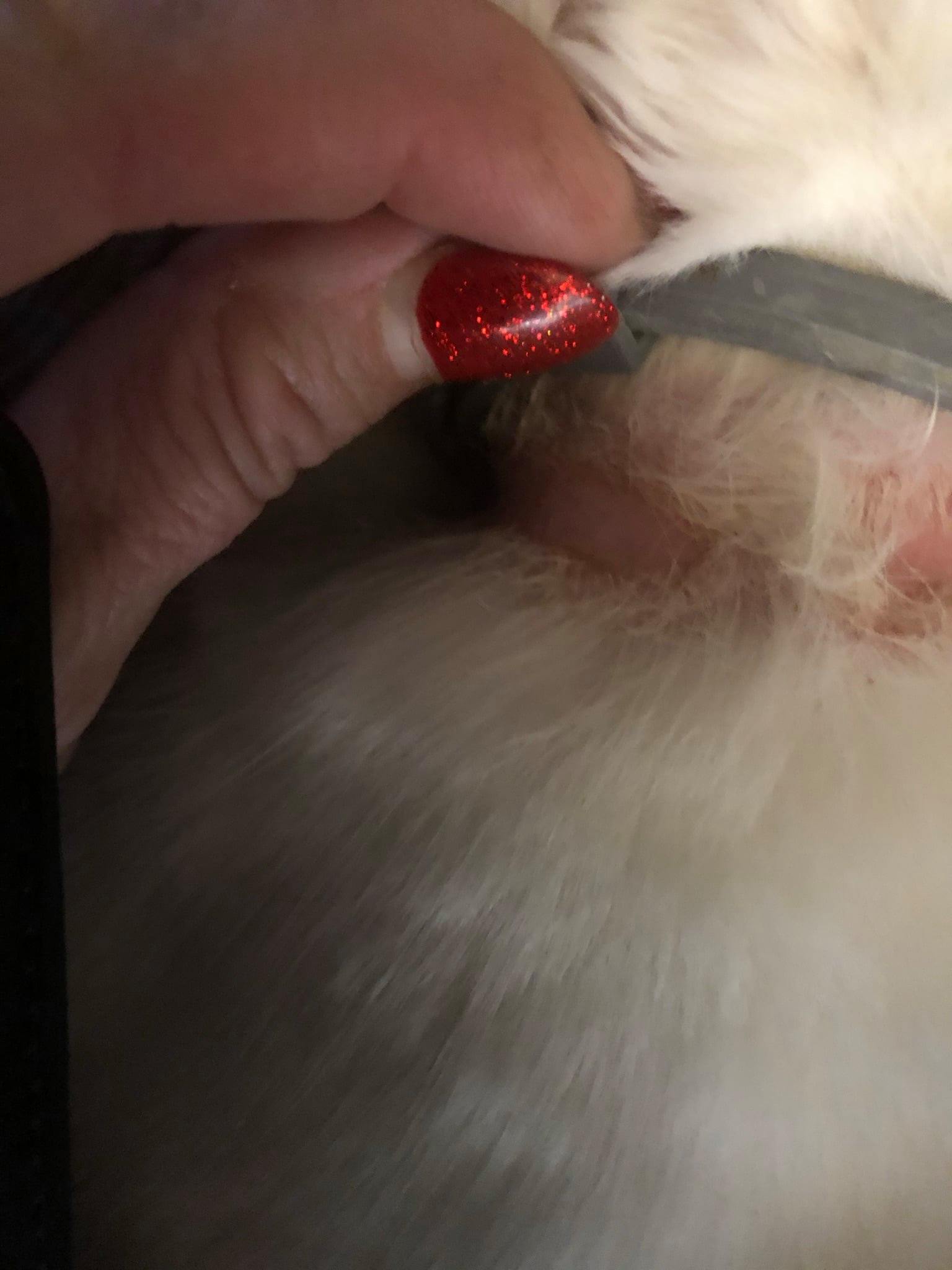
Because fleas and ticks prove more than a minor nuisance to our dogs, there are many products out there aimed at keeping them away. However, some flea and tick collars that release pesticides onto your pet can actually be dangerous themselves.
The pesticide used in Seresto collars is supposed to kill fleas, ticks, and other pests while being safe for dogs and cats to wear. They’re designed to work for eight months, releasing small amounts of pesticide at a time. Seresto collars may be a top-seller on Amazon, but there have been several injuries and even pet deaths linked to them.

Many devastated parents and concerned experts want action and answers.
The Dangerous Effects Of Certain Pesticides On Pets
Not only does the EPA have knowledge of health issues caused by Seresto, but dozens of Amazon customers have also issued complaints. Many have reported the collar causing skin rashes, and others say they led to neurological issues in their pets, like seizures and tremors.

This problem isn’t without precedent either. The NRDC (National Resources Defense Council) filed a petition against the EPA over a decade ago over its approval of a different pesticide, tetrachlorvinphos. That pesticide has been linked to cancer and brain development issues in children.
According to EPA documents, from 1992 to 2008, they received about 4,600 incident reports regarding pet collars containing tetrachlorvinphos, including 363 deaths. The EPA decided not to ban it, and it’s still used in Hartz Ultraguard pet collars.
Some experts also say incidents may be under-reported because many parents don’t connect the collar to the issues. Nathan Donley, a senior scientist at the Center for Biological Diversity and an expert on U.S. pesticide regulation, said:
“Most of the time, people are not going to make the connection or they’re not going to take an hour or so out of the day and figure out how to call and spend time on hold.”
Parents who have lost dogs or experienced health issues due to Seresto collars have formed a Facebook group. If you’re among them, you should report your story to the EPA.
Despite Evidence, The EPA Has Not Issued Any Warning About Seresto
The Environmental Protection Agency is responsible for regulating products that contain pesticides. Developed by Bayer and now sold by Elanco, Seresto collars were approved by the EPA on March 16, 2012.
Bayer, the company that developed the collars, conducted eight companion animal safety studies looking at the effect of Seresto collars. These studies are what the EPA used to approve Seresto, despite The California Department of Pesticide Regulation questioning the validity of two of the studies.

Karen McCormack, a retired EPA employee who worked both as a scientist and communications officer, expressed concern over the EPA’s response:
“The EPA appears to be turning a blind eye to this problem, and after seven years of an increasing number of incidents, they are telling the public that they are continuing to monitor the situation. But I think this is a significant problem that needs to be addressed sooner rather than later.”
Donley also added:
“The fact that EPA has not done anything to alert the public that there might be an issue here, it strikes me as bordering on criminal. The EPA has this system in place to compile information and it’s just collecting dust in some database.”
The EPA And Manufacturer Defend Seresto’s Continued Sale
Despite the deaths and illnesses, the EPA says data indicates the collars are still eligible for registration. When reached for comment, an EPA spokesperson said in an emailed statement:
“No pesticide is completely without harm, but EPA ensures that there are measures on the product label that reduce risk. The product label is the law, and applicators must follow label directions. Some pets, however, like some humans, are more sensitive than others and may experience adverse symptoms after treatment.”
A spokesperson for Elanco said the company takes product safety very seriously. She went on to explain:
“Keep in mind that the existence of an adverse event report does not necessarily mean the product caused the problem. Causality between the observed signs and the use of the product is evaluated on a case-by-case basis. That said, every adverse event collected, regardless of causality, is reported to the authorities.”
If you have concerns, look into other flea and tick prevention methods. Avoid risk and protect your pet.
H/T: USA Today
The post Top-Selling Flea & Tick Collar Linked To Several Pet Deaths, Illnesses appeared first on iHeartDogs.com.
from iHeartDogs.com https://ift.tt/3sMfTMd https://ift.tt/3bbfpJA

No comments:
Post a Comment